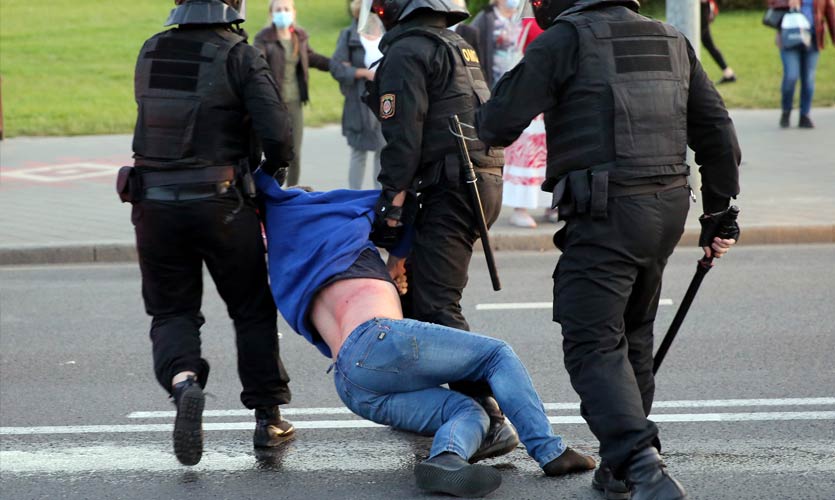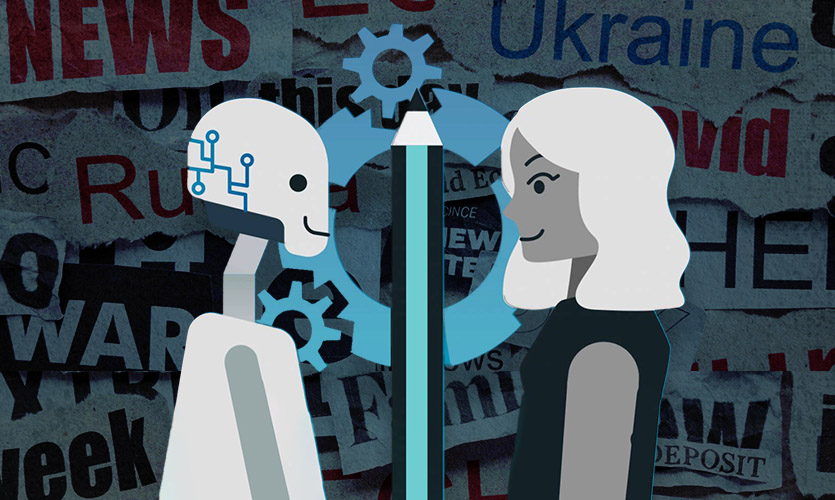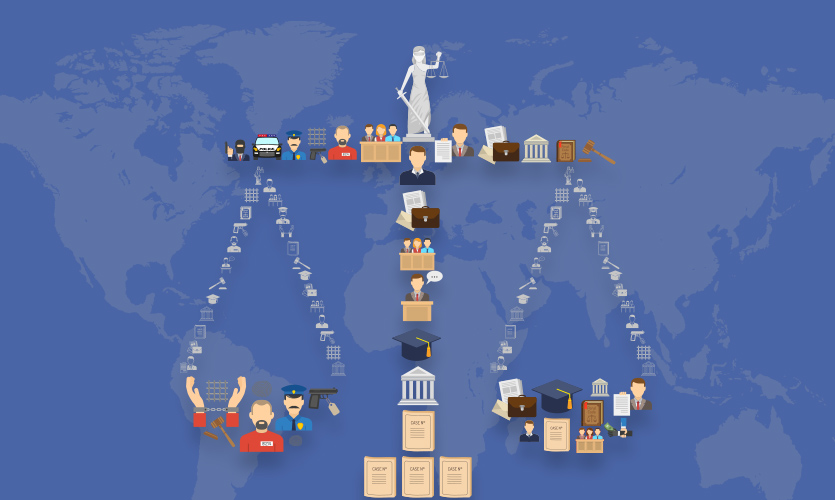Participation in civil society can take numerous forms, such as environmental activism, pushing for gender equality, or indigenous groups banding together. People get together to demand improved working conditions, the right to freely express their sexuality, and the ability to protect oneself against various forms of oppression, among other things.
Sometimes governments embrace these activities, such as when citizens assist the state in caring for migrants, as millions of Germans are doing to assist those fleeing Ukraine. However, many others are not.
The repercussions are reportedly being felt by people all across the world. Silke Pfeiffer, head of the Human Rights and Peace unit at the Germany-based non-governmental organisation Brot für die Welt (Bread for the World), illustrates this to DW with a startling statistic: “Only 3% of the world’s population are fortunate enough to live in countries where the conditions for civil society action can be described as ‘open.'”
Only 240 million out of the world’s 8 billion population live in “open” countries. According to the Civil Society Atlas, “More than 7 billion people live in countries where critics are harassed, persecuted, and detained, where fundamental rights are curtailed.”
The most recent statistics by Civil Society Atlas, which Brot für die Welt is presenting for the fifth time, reinforces a recent trend observed in the Bertelsmann Transformation Index and Amnesty International’s annual report – Crumbling of democracy around the world, and human and civil rights are under attack.
The CIVICUS Monitor is an essential component of the Civil Society Atlas. CIVICUS, a non-governmental organisation based in Johannesburg, South Africa, frequently examines reports from partner groups throughout the world and public sources. Based on this information, countries are classified into five categories, ranging from “open” to “closed”. Mongolia is the only one country that has improved since their previous report. The country’s status has been upgraded from “restricted” to “impaired”.
Digitisation is a major theme in the Civil Society Atlas. According to Rupert Graf Strachwitz, a civil society expert at the Maecenata Foundation, “One of the reasons civil societies have been able to emerge effectively over the past 30 years was the ability to disseminate knowledge without having a ‘gatekeeper’ in between.”
Read more: Criminal Rehabilitation: Here’s Why We Need To Rethink Punishment
According to the Atlas, one particularly harsh approach has become increasingly common: a complete internet shut down. Many social media sites in Tanzania, for example, were blocked in the days leading up to the 2020 presidential election. Last year, the plug was pulled on the information stream in several regions of India, which prides itself on being the “largest democracy in the world”.
One of the drawbacks of digitisation is the spread of misinformation and hate speech. The Atlas claims that Russia was weaponising on a huge scale, long before its invasion of Ukraine began. However, according to Silke Pfeiffer, the freedom of information is a fundamental human right and a necessary prerequisite for a functioning civil society. “If this privilege is limited due to the proliferation of false news, it undermines a critical foundation for civil society action,” she says.










